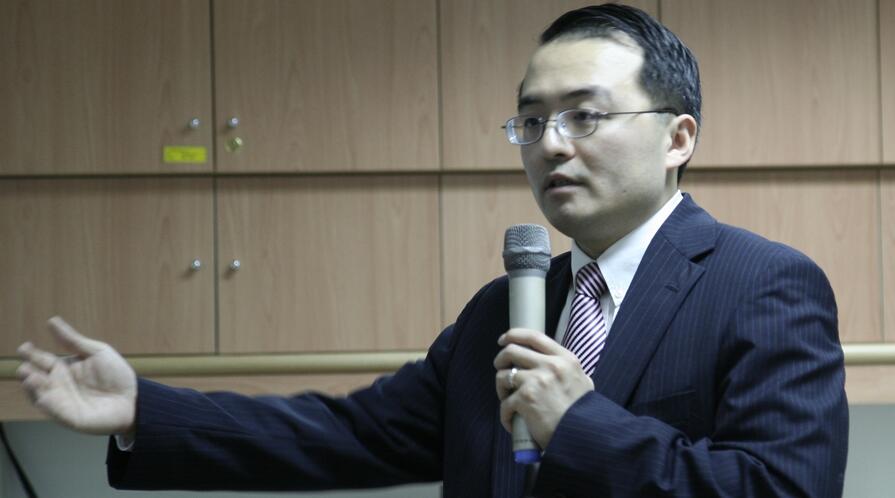Integrating technology and context into bioethics training for health delivery system researchers in Southeast Asia

Stanford pediatrician Jason Wang and researcher Mildred Cho have received $1,087,920 to launch a center in Taiwan and Stanford dedicated to training medical professionals about ethics. Wang -- an associate professor of pediatrics and a CHP/PCOR affiliate, and Cho -- a professor of pediatrics at the School of Medicine’s Center for Biomedical Ethics -- received one of five of this year’s bioethics grants from the Fogarty International Center of the National Institutes of Health.
The Fogarty grant will help support the launch of the Centers of Excellence in Research Ethics Training in the Asia Collaborative for Medical Education (ACME), a consortium of leading medical schools and healthcare institutions, with the Steering Committee chaired by Dr. Harvey Fineberg, President of the U.S. Institute of Medicine. Wang and his colleagues have proposed innovative ways to train practitioners in Southeast Asia, where ethical behavior in healthcare-related research is a pressing concern but training is scarce.
In addition to the Taiwan facility, which will be based jointly at the Koo Foundation Sun Yat-Sen Cancer Center and the National Yang Ming University, the web-based curricular development center will be based at the Stanford’s Center for Health Policy at the Freeman SpogIi Institute for International Studies, and the School of Medicine. The centers will be hubs for training, research, and innovation for Asia health and research professionals.
The training curriculum will incorporate the use of the IDEO design method, a human-centered, design-based approach that uncovers "latent needs, behaviors and desires,” to help scholars develop culturally appropriate lessons. Partnership models include pairing trainees with core faculty members from Stanford, Koo Foundation Sun Yat-Sen Cancer Center, and National Yang Ming University for mentorship on research ethics, which will then be developed into a training curriculum appropriate for their home institutions.
Scholars from different countries will also be invited to participate in a Research Ethics Improvement Network. The model includes face-to-face learning sessions (story boards, role plays, simulations, didactics), a web-based support component (didactics materials, cases discussions, video/audio teleconferences for problem solving,) and the application of traditional quality improvement to curricular improvement.
The collaborative and ongoing improvement training model, inspired by the Institute for Healthcare Improvement’s Quality Collaboratives, also has a dissemination component where scholars will be encouraged to build networks and to engage policy makers and community leaders to publicize the importance of research ethics in their academic and local communities.
Wang says that “testing and dissemination of the project’s innovative training mechanisms is paramount because of the relevance to other parts of the world facing similar demands.”
